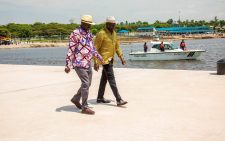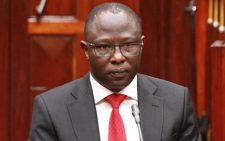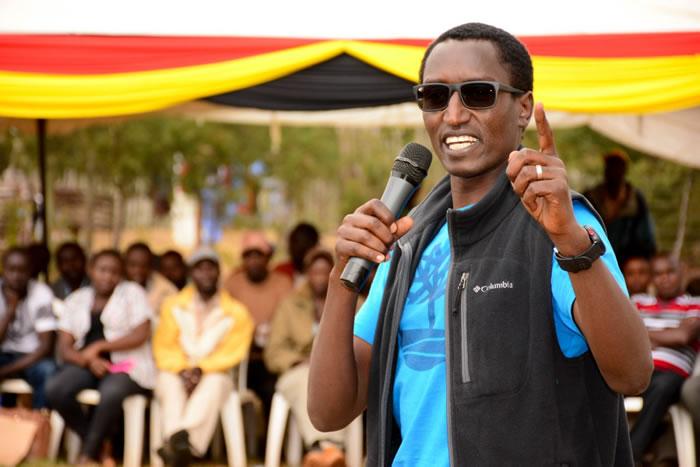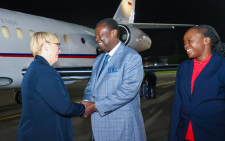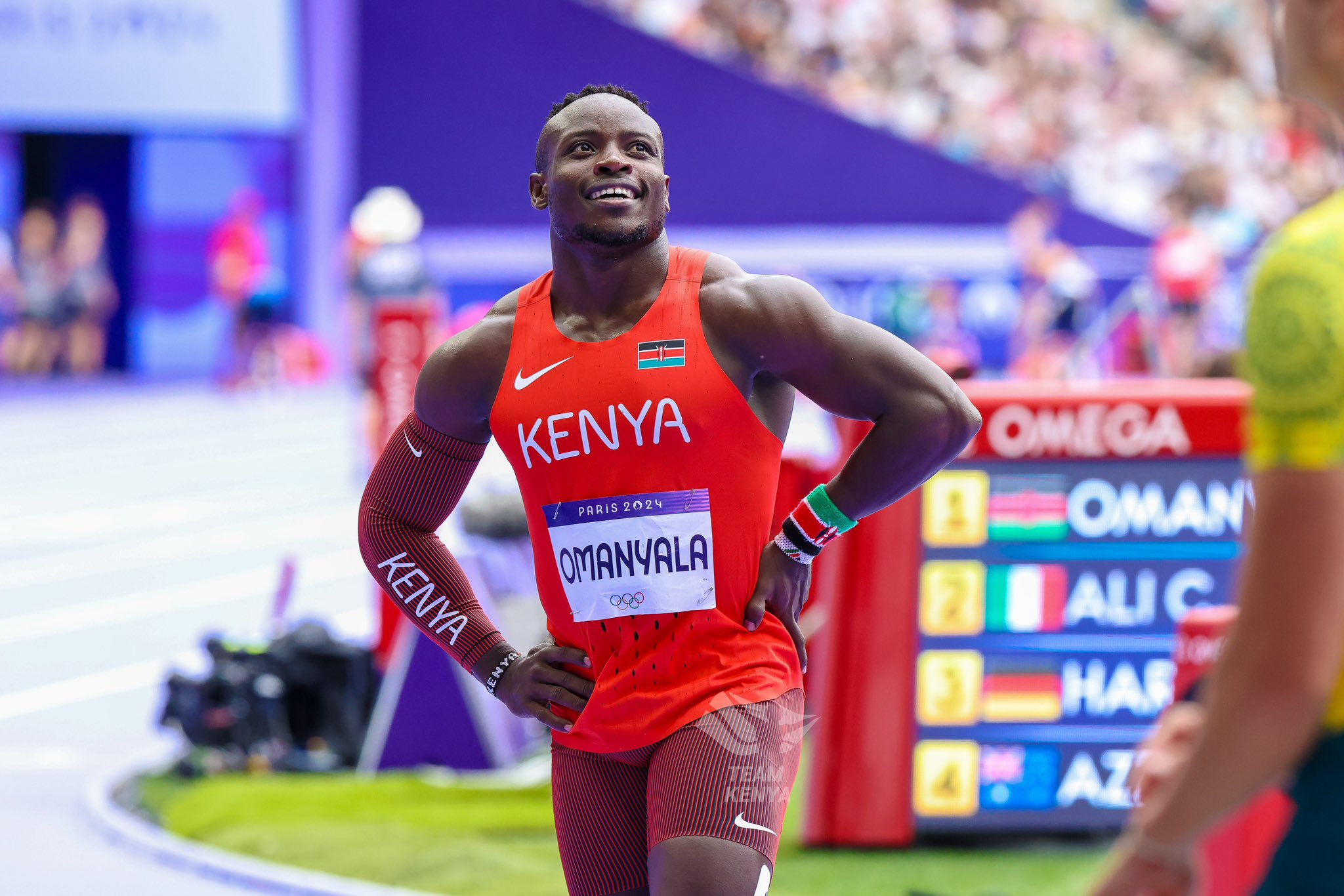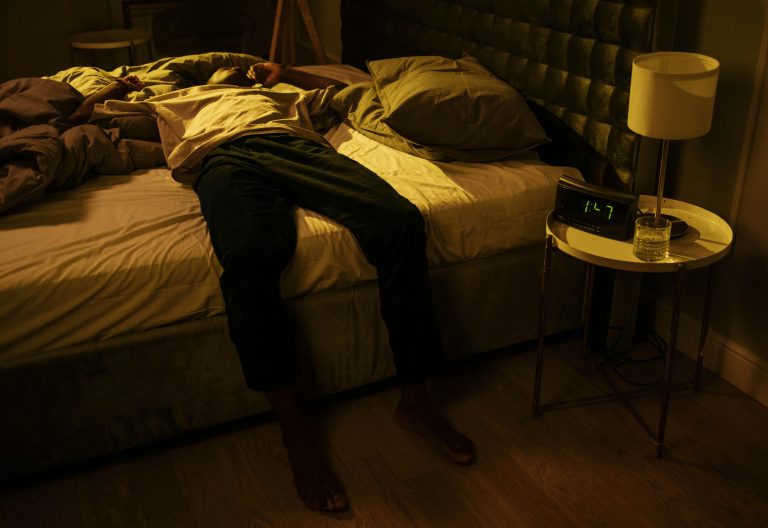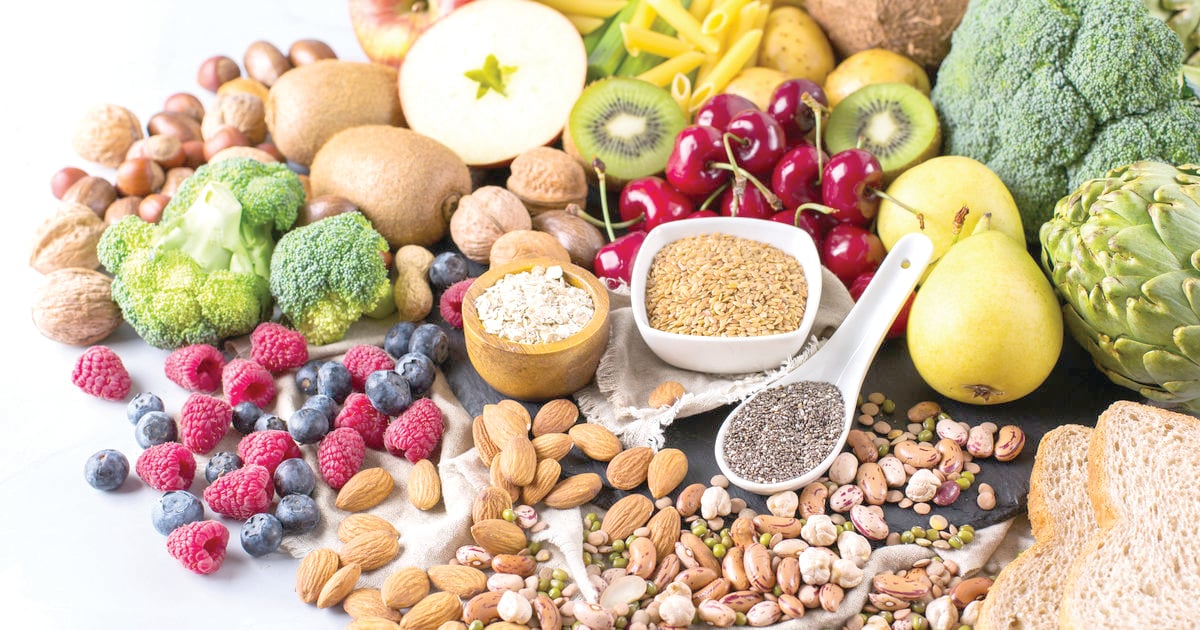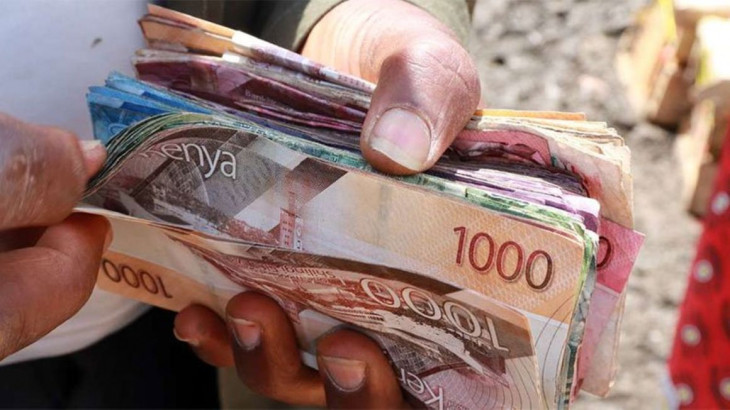Africa Day concert returns
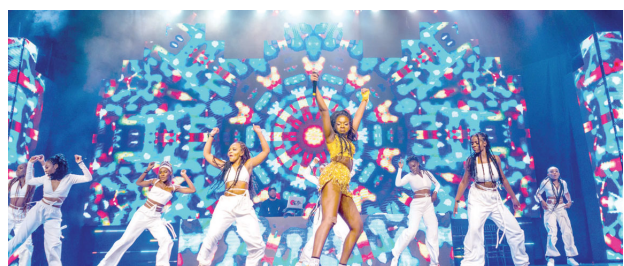
Lesser-known Drizilik from Sierra Leone surprised many with his crowd endearing performance at the return to the physical YouTube Africa Day Concert 2022 held in Lagos, Nigeria that marked its third edition.
The Sierra Leonean breakout star sent both virtual and physical crowds onto their feet with his thrilling voice and electrifying performance when he opened the stage with his hit songs Popular and Ashobi. The physical event returned after a two-year absence due to Covid-19 pandemic.
Drizilik’s warm reception was also evident in the YouTube comments as the online audience also got thrilled by the hip hop star’s performance.
“It is hard to ignore jumping into his YouTube channel to watch his music,” said one of the viewers.
Vibrant cultural sounds
The event is held annually on 25th May to commemorate Africa Day across the world. “YouTube as a platform has been a mainline for connecting African artists to people all around the world and the Africa Day Concert is an opportunity to reaffirm YouTube’s support for African artists as they showcase the vibrant sounds and culture that make Africa truly unique,” YouTube managing director of emerging markets in Europe, Middle East and Africa Alex Okosi said. In partnership with the youth entertainment TV MTV Base, the event featured top African artists from Nigeria, South Africa, Congo and Tanzania and was streamed exclusively on YouTube.
Representing East Africa was the Tanzanian female singer Zuchu donning a sexy golden outfit. Despite a knee injury, which she sustained the previous day in an accident in Arusha, Zuchu impressed with her energetic dances with her music Jaro, Mwambieni, Sina Ubaya and Sukari. However, according to comments by the virtual audience, her performance didn’t receive much of a good reception from the physical audience on what many blamed on language barrier as most of her songs were in Kiswahili language. Even so, she also got some love from Kenyans online.
“If it was in Kenya, we would have done away with the seats… Energetic dance moves wouldn’t have allowed us. Nice performance Zuchu,” said Drinah254, one of the online audiences from Kenya. Yemi Alade was also another female performer at the event. However, the online viewers felt Zuchu’s energy was high octane compared to Yemi on stage, but the Johnny hit-maker had a home ground advantage that led her to move the crowd more than the Zanzibari-born Wasafi record artiste.
The outfit was all African, from the crowd to the performing artistes, painting the real true colours of the stunning African culture. Part of the event was introduced by the Golden Globe and SAG winner, Idris Elba who said that Africa had always expressed its originality through their music. “Every time I see African music, I am reminded of their incredible diversity, amazing talents and all of its potential. I am not only talking about their languages, which are over 2,000 and over 3,000 ethnic groups. I’m talking about the many voices from all corners of the continent in Africa. You won’t get more flavour anywhere else on the earth than on the African stage,” he said.
Love Nwantiti hit performer C-Kay also got the crowd in jovialities as the song, which has topped the lists of many music charts around the world and garnered over 260 million views on YouTube was performed. The headliners D’Banj and Busiswa broke the norm and performed with D’Banj performing his popular hit Oliver Twist. Davido’s performance finished off the event with his highly idolised songs including Jowo, Aye, If and Champion Sound.
Preserving African culture
On the sidelines of the show were forums that emphasised that creatives have always been the link connecting people and they have the potential to ensure that African culture is preserved. Naomi Ciira, Programme Manager – Creative Economy Practice at CcHUB, said that African creatives have played a big role in helping to preserve African history by writing literature books, which is a big win for this decade.
“Initially, Africa was flooded with literature stories from the West and this influenced our belief that those countries were perfect and far much better than ours to the point of looking down upon our very own African culture.
“Some Kenyan history is lost, like the oral narratives we used to tell. There was nothing documented about it. Though there is an opportunity to rebuild it, we should look for what is possible and what is not possible. It is said that almost 90 per cent of African history is preserved outside the continent. I won’t say that the history of Africa is lost, but it has not been preserved and if it will be brought back, can it be sustained?” she poses. Naomi adds that there is dialogue about how it can be preserved. “We should make good use of this digital era we can easily preserve photographs, videos and writings, which can be stored in devices,” she says.

